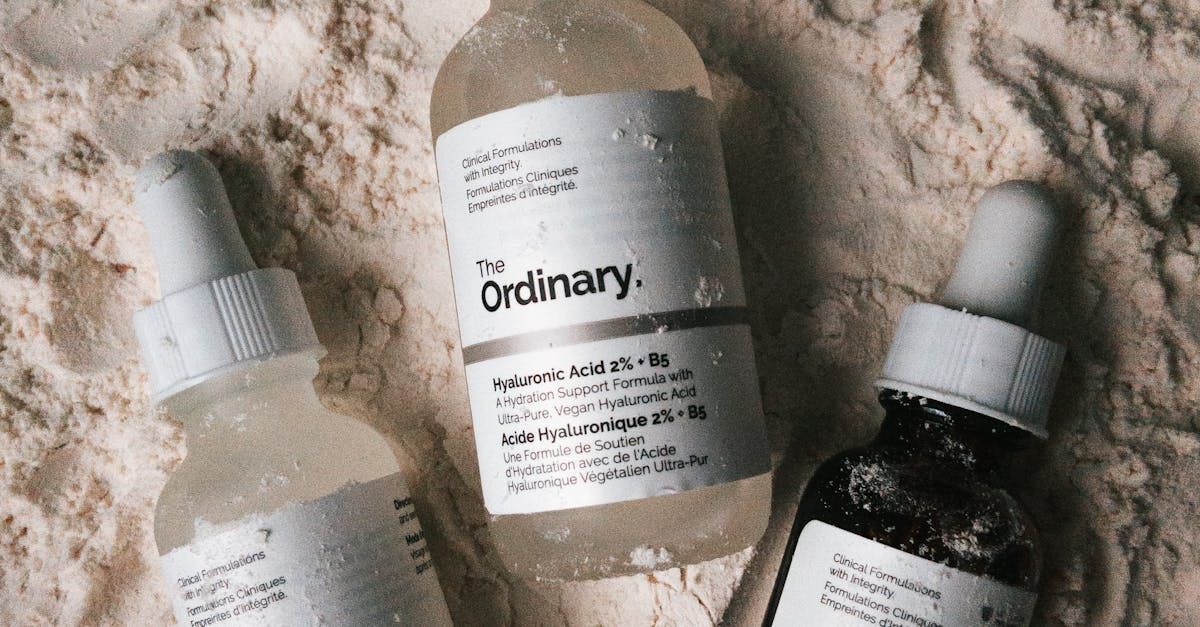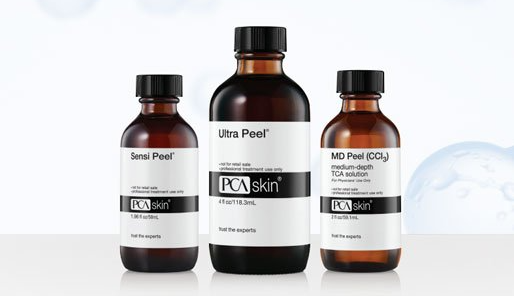Approaching skincare can be a daunting task. There are so many products out there, and it can be difficult to know which ones are right for you. Retinoids play a crucial role in skincare, but knowing the differences between retinol and tretinoin (Retin-A) can be a bit confusing. Retinoids like retinol and tretinoin are Vitamin A derivatives that are our go-to products for cell turnover and increasing collagen production. These products are key in improving skin texture, fine lines, wrinkles, photodamage, and acne, but which one should you use? Let’s take a closer look at the differences between retinol and tretinoin:
Retinol:
- Naturally derived from Vitamin A, converted from retinol to retinoic acid (the active form of Vitamin A) in the skin
- Prescription is not required
- Compared to tretinoin, often better tolerated and less irritating
- Strengths usually range between 0.25-1%
- Often seen in creams or serums
Tretinoin/Retin-A:
- Synthetic form of Vitamin A
- Prescription is required
- More potent than retinol - can give you more initial shedding of the skin but may be more difficult to tolerate
- Strengths range between 0.01-0.1%
- Often seen as creams or gels
- For those with unique skin conditions - can be compounded with other ingredients like antibiotics, hydroquinone, hydrocortisone, niacinamide
Retinol and tretinoin are used for similar reasons, so I would recommend consulting with a skincare expert to select your product based on the severity of your skin concerns and history of skin sensitivity. If you are looking for a mild-moderate treatment, I would recommend starting with a medical grade retinol. If you are looking to treat your skin more aggressively or have multiple active skin conditions, I would recommend seeing a dermatologist to discuss options for a tretinoin prescription.
Both retinol and tretinoin have common anticipated reactions which include redness, irritation, itching, purging, and flaking/peeling. These reactions dissipate over the course of weeks as your skin builds tolerance to the initial reactions. Adding a daily hyaluronic acid or moisturizer can help counterbalance the negative effects of a retinoid.
Usually, retinoids should be applied every other night to start and can be tapered up or down depending on your tolerance level. You may also need to increase product strength over time. Retinoids should never be used during pregnancy or when breastfeeding. Great caution should be taken with sun exposure as there is risk for increased sun sensitivity and hyperpigmentation.
Retinoids can be a simple addition to your skincare routine and are the perfect answer for questions regarding texture, fine lines, wrinkles, photodamage, and acne. If you have questions about retinoids or other skincare, set up an
in-person or telephone consultation with me today!
Layla Shadman, PA-C







